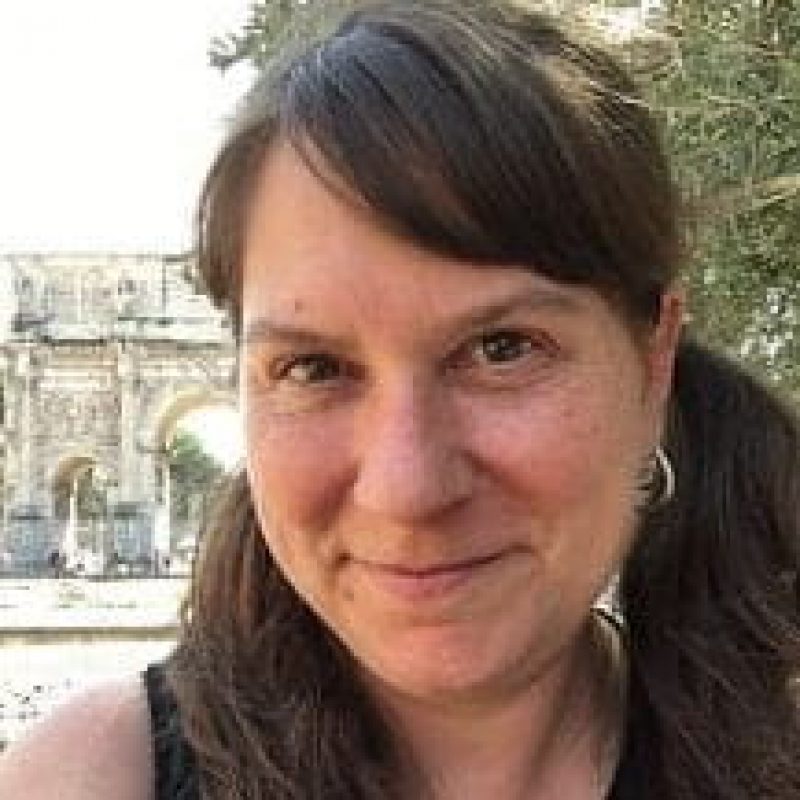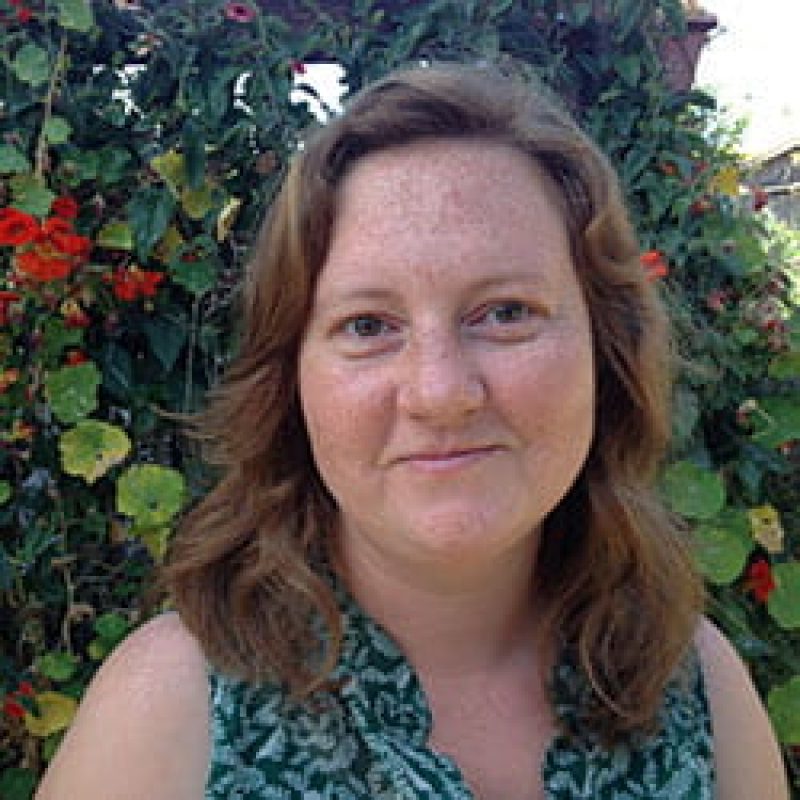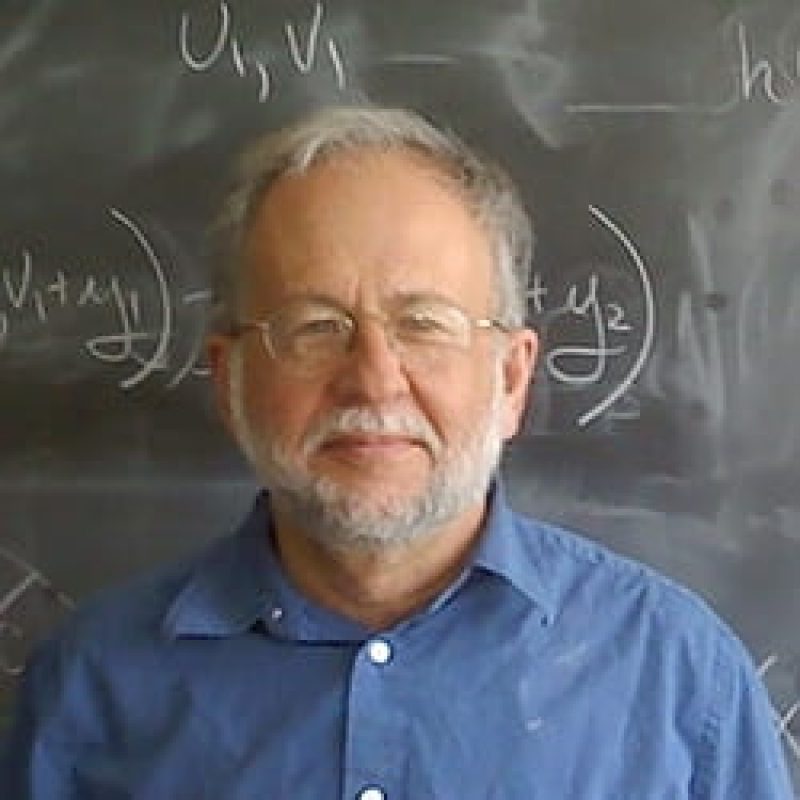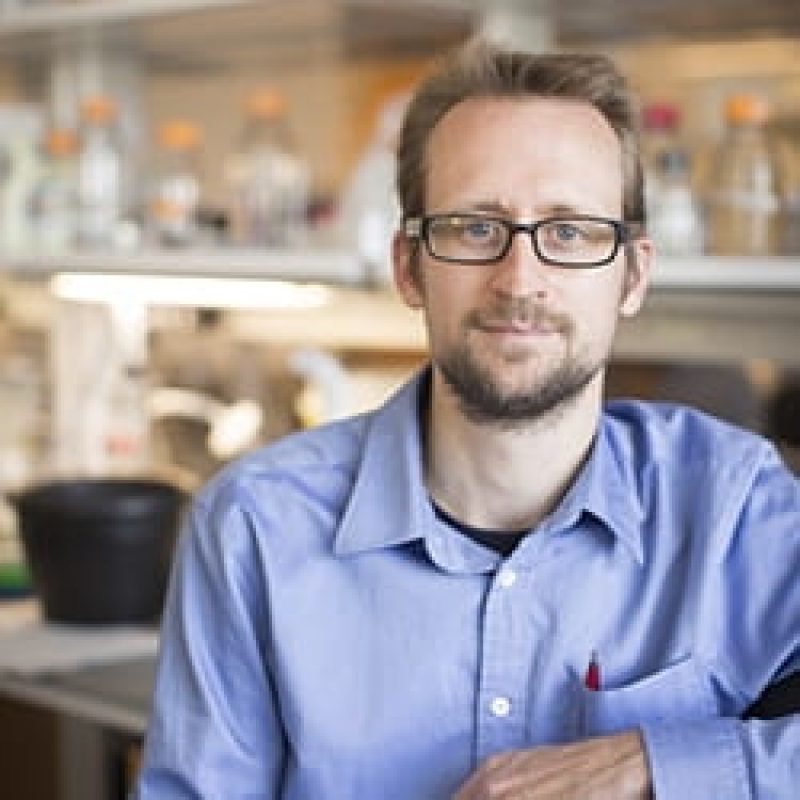Tag: Disease Ecology and Evolution
-

Corrie Moreau
The Moreau lab focuses on the symbiotic factors that drive evolutionary diversification in ants. One example question is whether seed-eating ants have distinct gut microbiomes to facilitate their use of this food source. Students will characterize the gut microbiomes of ant species using 16S amplicon[...] -

Philipp Messer
Research in my group focuses on the population genetics of rapid evolution, using a combination of experimental and modeling approaches. We are particularly interested in human-induced examples of rapid evolution, like the evolution of pesticide and drug resistance. We also study the possibility of population-scale[...] -

Gregory Martin
The Martin lab studies the molecular bases of bacterial infection processes and the plant immune system. Our research focuses on speck disease caused by the bacterial pathogen Pseudomonas syringae pv. tomato. We use diverse experimental methods in biochemistry, bioinformatics, cell biology, forward and reverse genetics, genomics, molecular[...] -

Cynthia Leifer
The Leifer lab investigates how the immune system detects and initiates inflammatory responses to microbes. We focus on innate immune macrophages and the regulatory mechanisms that control inflammation through Toll-like receptors (TLRs). -

Tory Hendry
The Hendry lab studies how environmental bacteria interact with insect hosts. Our main focus is understanding how plant-associated bacteria influence the health and behavior of insect herbivores. Students will design mesocosm experiments with culturable bacteria growing on plants and herbivorous insects, using skills in bacteriology[...] -

Laura Harrington
My research focuses on the biology, ecology and behavior of mosquitoes that transmit human diseases such as dengue fever, West Nile virus and malaria. I have developed methods for studying blood feeding patterns, survival and longevity, mating behavior and feeding behavior of mosquitoes in both[...] -

Ann Hajek
Emphasis is on pathogens and symbionts of invertebrates, predominantly focusing on interactions between microbes and insect hosts, many of which are invasive species. Subjects covered are broad, ranging from population biology, immune responses, basic biologies of pathogens, interactions between hosts and pathogens and epizootiology to[...] -

Megan Greischar
Parasite life history strategies within the host, especially the timing of replication and transmission, influence disease severity and spread. I study how subtle differences in ecology within and outside the host can generate dramatic differences in parasite strategies. My research program uses two major approaches:[...] -

Stephen Ellner
I am a theoretical ecologist working on disease transmission in multi-species communities characterized by functional traits. Students and postdocs in my research group have worked on a variety of projects related to control of invasive species in heterogeneous landscapes. -

Tobias Dörr
We study how bacteria respond to and survive stressful conditions, particularly damage to the cell envelope. Students in the Doerr lab learn techniques ranging from microscopy and image analysis to molecular biology. The lab is very active with undergraduate research and has extensive experience in[...]
